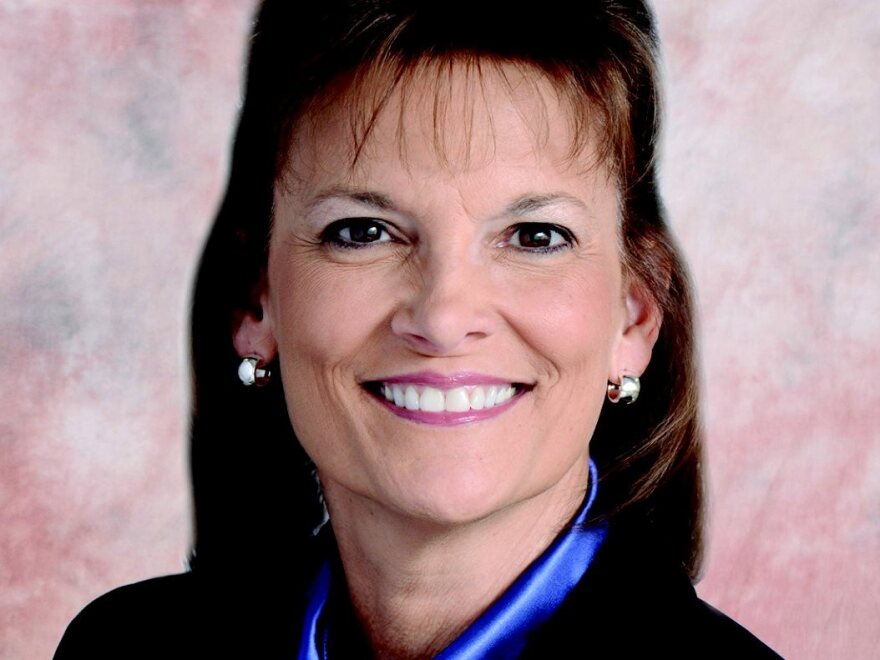When there's a big fight brewing, call in the grownups. It helps if one is a nurse.
On Thursday, with mental-health centers and hospitals ready to fight over state funds for crisis stabilization, Sen. Denise Grimsley, R-Sebring, presented a compromise on SB 1726 to the Appropriations Committee that passed unanimously
The bill originally set up a new formula to pay for treatment in crisis-stabilization units (CSUs) that replaced up-front funds to keep the CSUs running with after-the-fact payment per day per bed. CSU officials said it would be hard to staff their non-profit centers if the change went through and predicted some would close.
Hospitals that treat uninsured mental-health patients in crisis said they deserve payment, too. Money that was saved from the CSU change would go to them.
Grimsley, an RN, offered an amendment that killed out all the bill language and replaced it with a requirement for CSUs to report on their indigent patient load and how many beds are occupied beginning Aug. 1.
Sen. Eleanor Sobel, D-Hollywood, had agreed to the disemboweling of her committee's bill. "That's what we need, actual data," she said.
Sobel told Health News Florida that the whole thing started with rumors that at least one CSU was holding back some of its beds for paying patients. If true, that would have meant the state was paying for indigent beds that it couldn't use.
But there was never actual evidence presented to back up the rumors, Sobel said. So she readily agreed to the data-collection plan. Hospitals did not object, at least not publicly.
The Florida Council for Community Mental Health sent out thanks to Grimsley and to Appropriations Chairman Joe Negron, R-Stuart, for agreeing to a solution that maintains "access to critical services to persons experiencing a mental health crisis."


